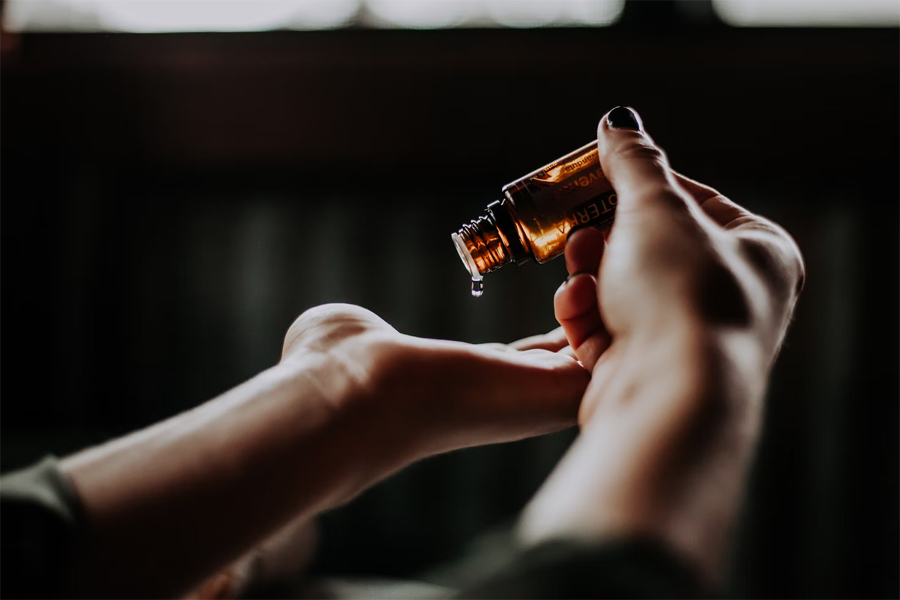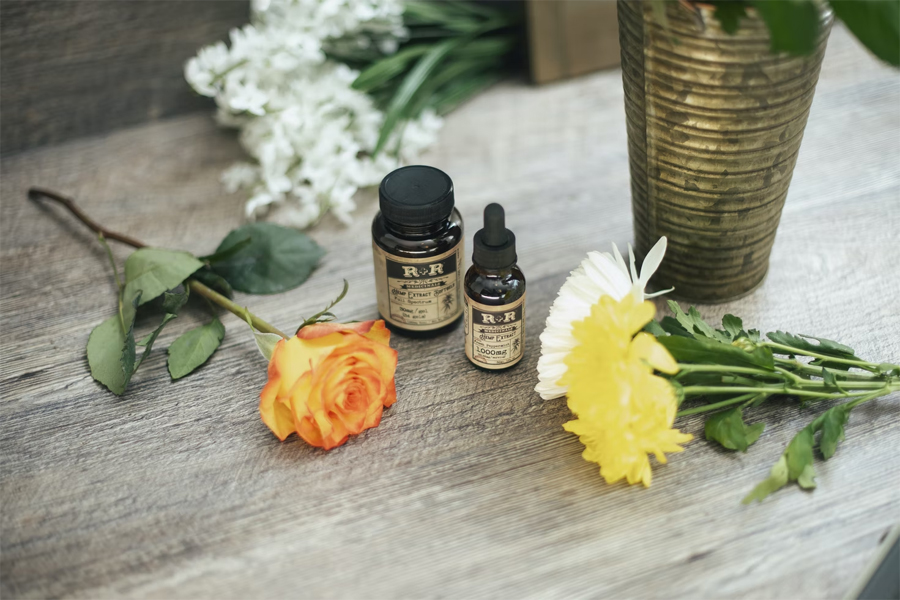Arabidopsis thaliana is a small flowering plant that is commonly used in research. It is especially useful for genetic studies, as it has a relatively simple genome. Arabidopsis can be grown in a variety of conditions, making it an ideal tool for studying plant responses to different environments. Let’s take a look at some of the key features of Arabidopsis thaliana that make it so valuable.
It Benefits the Skin
When applied topically, Arabidopsis thaliana has been shown to improve skin barrier function and reduce inflammation. In one study, a cream containing A. thaliana extract was found to be effective in treating atopic dermatitis. The plant extract is thought to work by modulating the activity of certain genes involved in skin inflammation. If you purchase Arabidopsis Thaliana Extract liquid, you can use it topically on your skin or add it to your favorite lotion or cream. Some of the many benefits of this plant extract for the skin include:
- Reduces inflammation
- Improves skin barrier function
- Suppresses the activity of certain genes involved in skin inflammation
- Has antimicrobial and antifungal properties
- Can be used to treat a variety of skin conditions, including atopic dermatitis, eczema, and psoriasis.
It Fights Cancer Cells and Disease
Arabidopsis thaliana extract has been shown to kill cancer cells in laboratory studies. In one study, A. thaliana extract was found to induce apoptosis (cell death) in human leukemia cells. The plant extract was also found to inhibit the growth of human colorectal cancer cells. A. thaliana extract may be a promising new treatment for cancer, but more research is needed to confirm its efficacy. For example, it is not known if the plant extract can kill cancer cells in humans. Also, it is not known if the plant extract is safe for human use. A. thaliana may also help to fight other diseases. For example, A. thaliana extract has been shown to inhibit the growth of the bacteria that cause tuberculosis (TB). In laboratory studies, the plant extract was found to kill TB bacteria. However, it is not known if A. thaliana can fight TB in humans. More research is needed to confirm the efficacy of A. thaliana against TB and other diseases.
It May Help to Treat Alzheimer’s Disease
Arabidopsis thaliana extract has been shown to have neuroprotective properties in laboratory studies. In one study, A. thaliana extract was found to improve cognition and reduce the risk of Alzheimer’s disease in laboratory mice. The plant extract was also found to inhibit the formation of amyloid plaques in the brain. A. thaliana may help to treat Alzheimer’s disease, but more research is needed to confirm these effects. Additionally, it is not known if the plant extract is safe for human use.
It May Help to Treat Parkinson’s Disease
Arabidopsis thaliana extract has been shown to have neuroprotective properties in laboratory studies. In one study, A. thaliana extract was found to improve cognition and reduce the risk of Parkinson’s disease in laboratory mice. The plant extract was also found to inhibit the formation of Lewy bodies in the brain. A. thaliana may help to treat Parkinson’s disease, but more research is needed to confirm these effects. Additionally, it is not known if the plant extract is safe for human use.
It May Boost Immunity
Arabidopsis thaliana extract has been shown to modulate the activity of the immune system. In one study, A. thaliana extract was found to increase the production of certain types of white blood cells in laboratory mice. The plant extract was also found to stimulate the activity of natural killer cells, which are a type of white blood cell that plays a role in immunity. A. thaliana extract may help to boost immunity and fight off infections, but more research is needed to confirm these effects. Additionally, it is not known if the plant extract is safe for human use.
It Protects the Liver
Arabidopsis thaliana extract has been shown to protect the liver from damage in laboratory studies. In one study, A. thaliana extract was found to reduce liver damage in laboratory rats that were given a toxic chemical. The plant extract was also found to increase the production of certain enzymes that help to detoxify the liver. A. thaliana may help to protect the liver from damage, but more research is needed to confirm these effects. Additionally, it is not known if the plant extract is safe for human use.
It May Help to Treat Diabetes
Arabidopsis thaliana extract has been shown to modulate blood sugar levels in laboratory studies. In one study, A. thaliana extract was found to reduce blood sugar levels in laboratory rats that were given a high-sugar diet. The plant extract was also found to increase the production of insulin in the pancreas. A. thaliana may help to treat diabetes, but more research is needed to confirm these effects. Additionally, it is not known if the plant extract is safe for human use.
It Has Anti-Aging Properties
Arabidopsis thaliana extract has been shown to have anti-aging properties in laboratory studies. In one study, A. thaliana extract was found to increase the lifespan of laboratory mice. The plant extract was also found to improve cognition and reduce the risk of age-related diseases in the mice. A. thaliana may help to improve cognition and reduce the risk of age-related diseases, but more research is needed to confirm these effects. Also, while A. thaliana has many potential benefits, it is important to remember that it is a plant and should be used with caution. Some people may be allergic to the plant or its pollen. If you are allergic to ragweed, you may also be allergic to A. thaliana. If you have any concerns about using the plant, please talk to your doctor before using it.
 Arabidopsis thaliana is a plant that has many potential benefits. It may help to treat Alzheimer’s disease, Parkinson’s disease, diabetes, and liver damage. It may also boost immunity and have anti-aging properties. However, more research is needed to confirm these effects. Whichever purpose you choose to use it for, be sure to talk to your doctor first, as some people may be allergic to the plant.
Arabidopsis thaliana is a plant that has many potential benefits. It may help to treat Alzheimer’s disease, Parkinson’s disease, diabetes, and liver damage. It may also boost immunity and have anti-aging properties. However, more research is needed to confirm these effects. Whichever purpose you choose to use it for, be sure to talk to your doctor first, as some people may be allergic to the plant.

